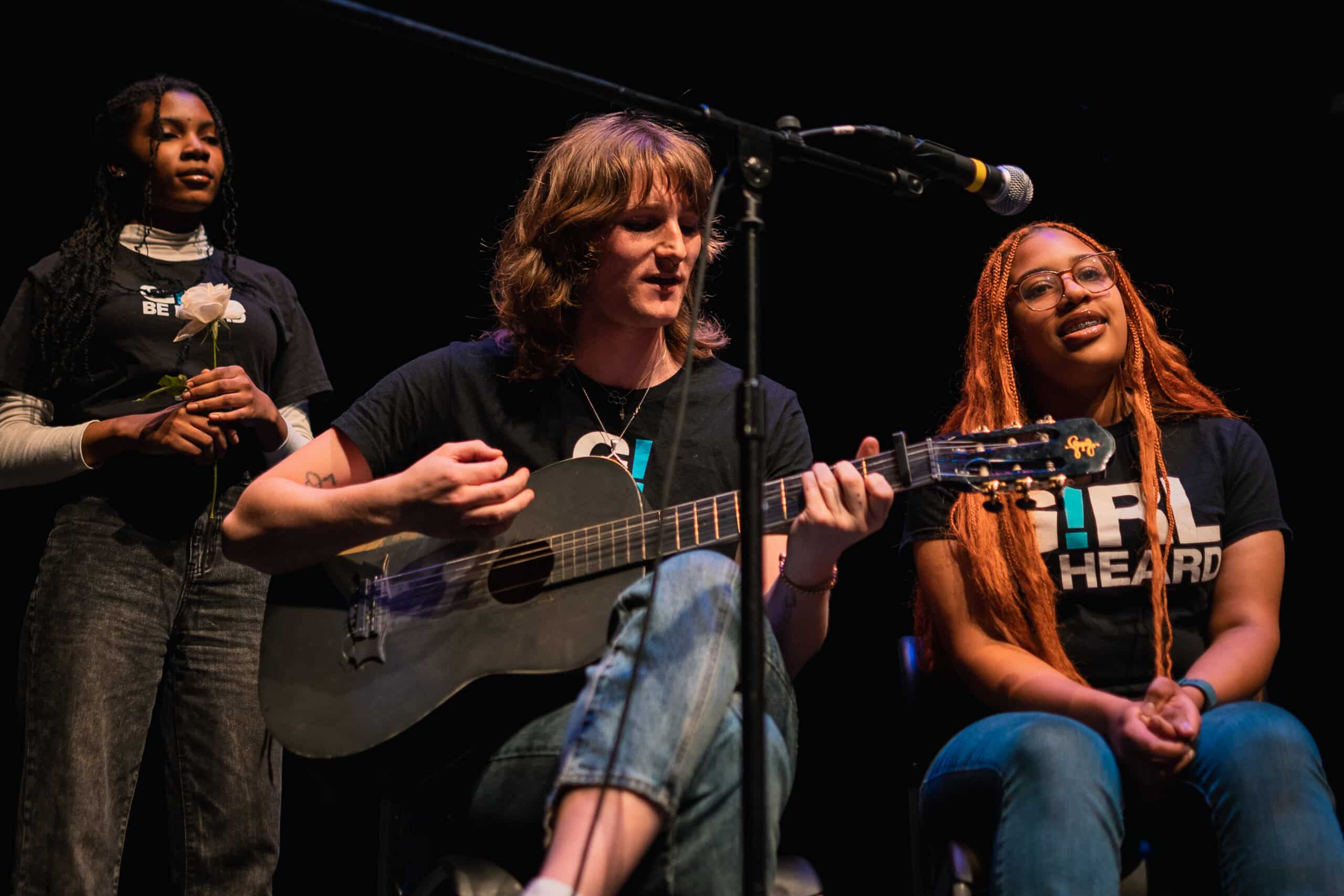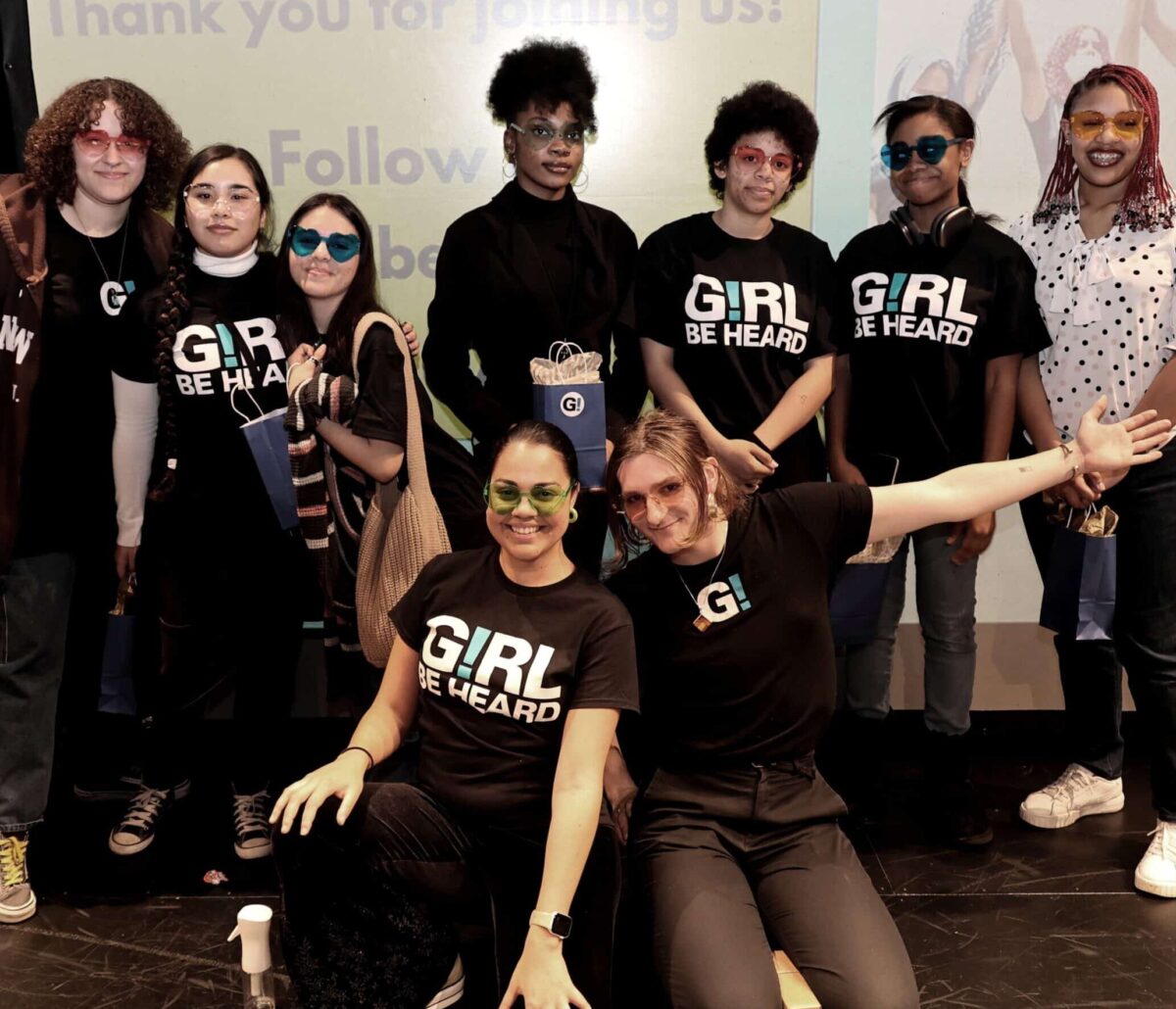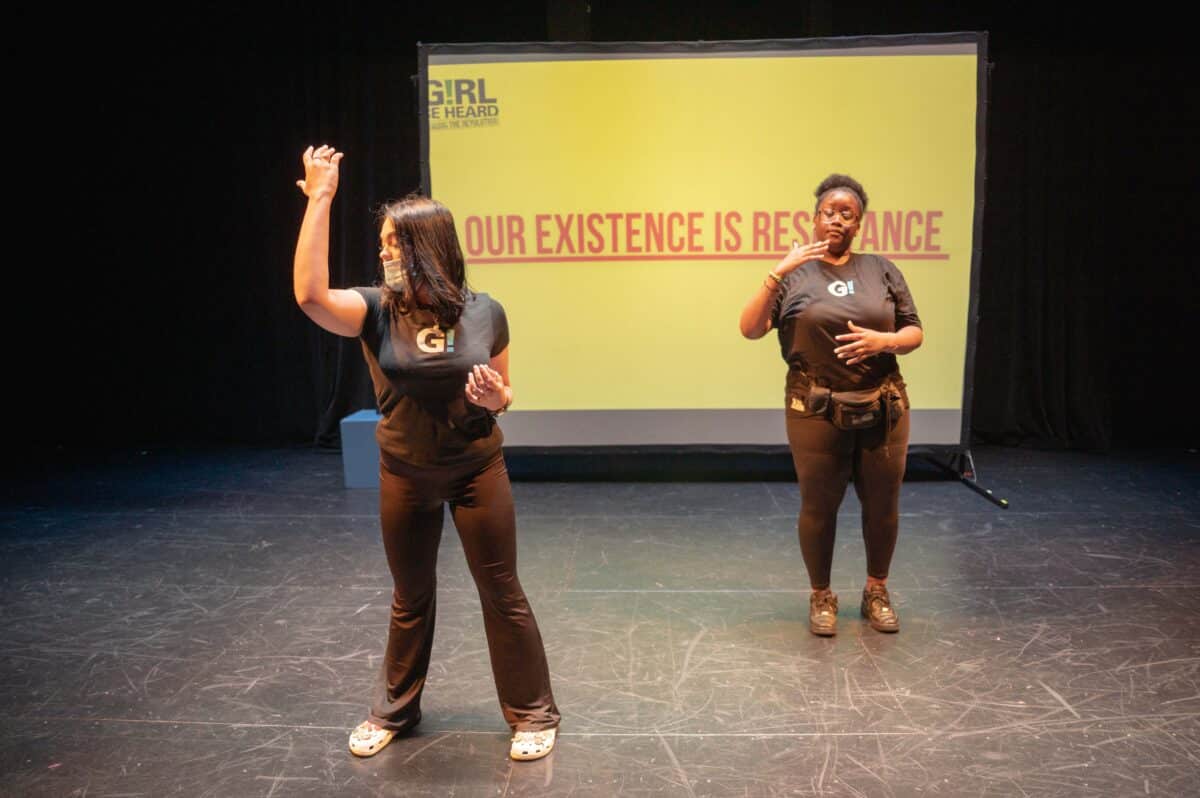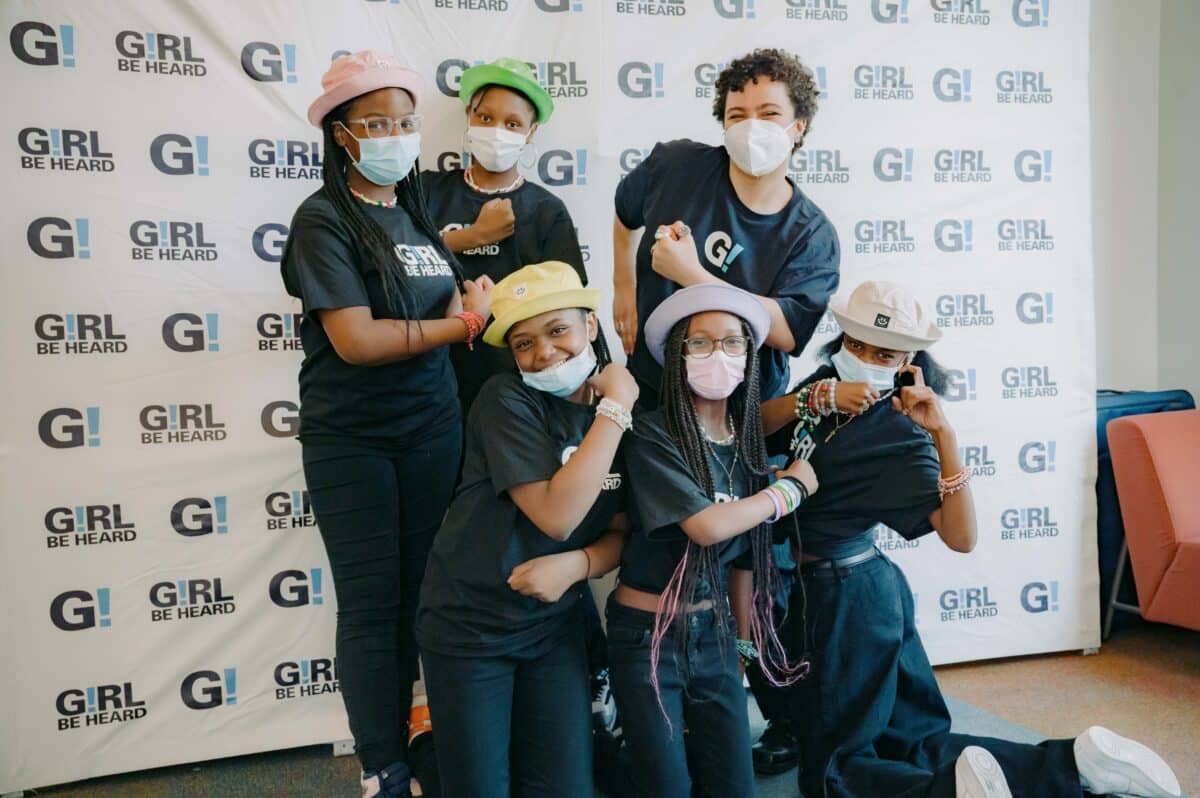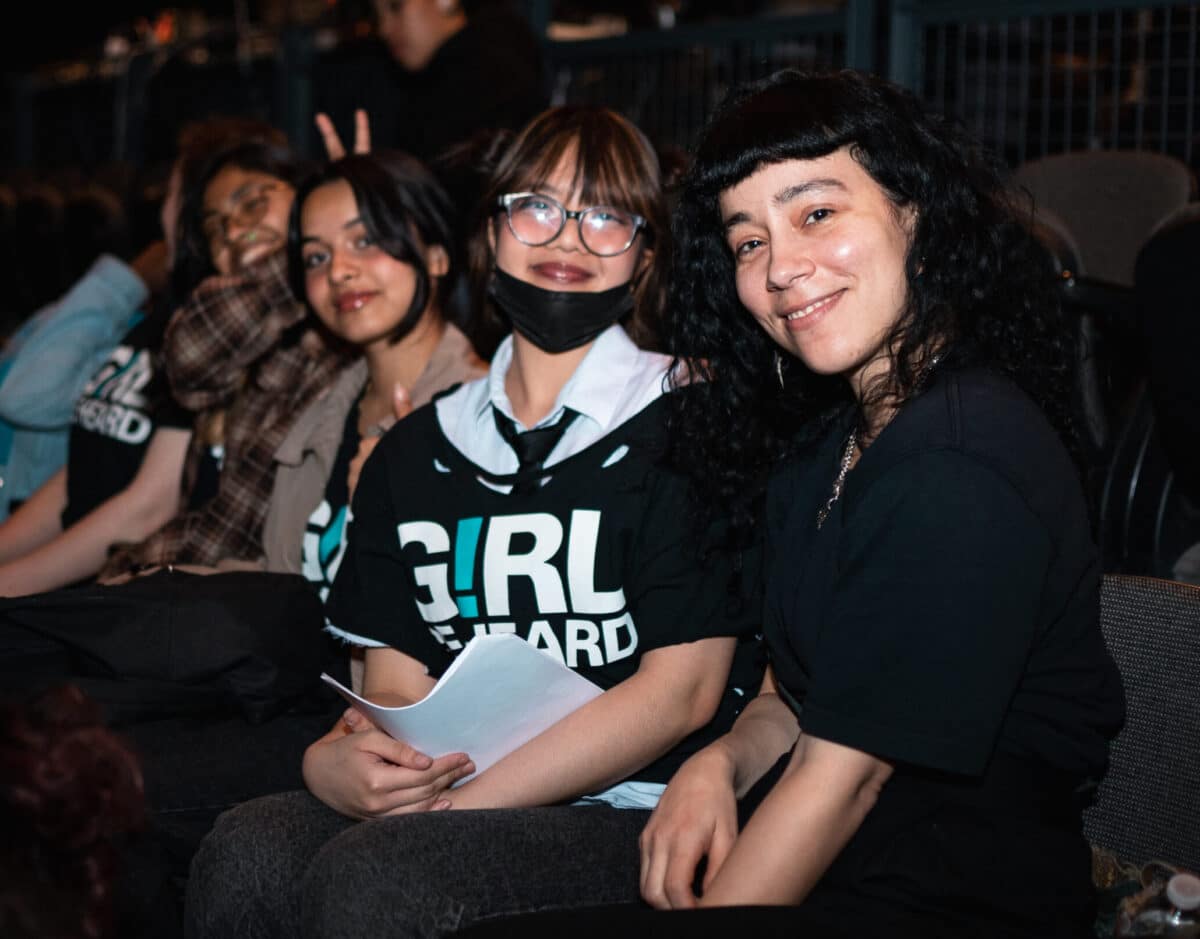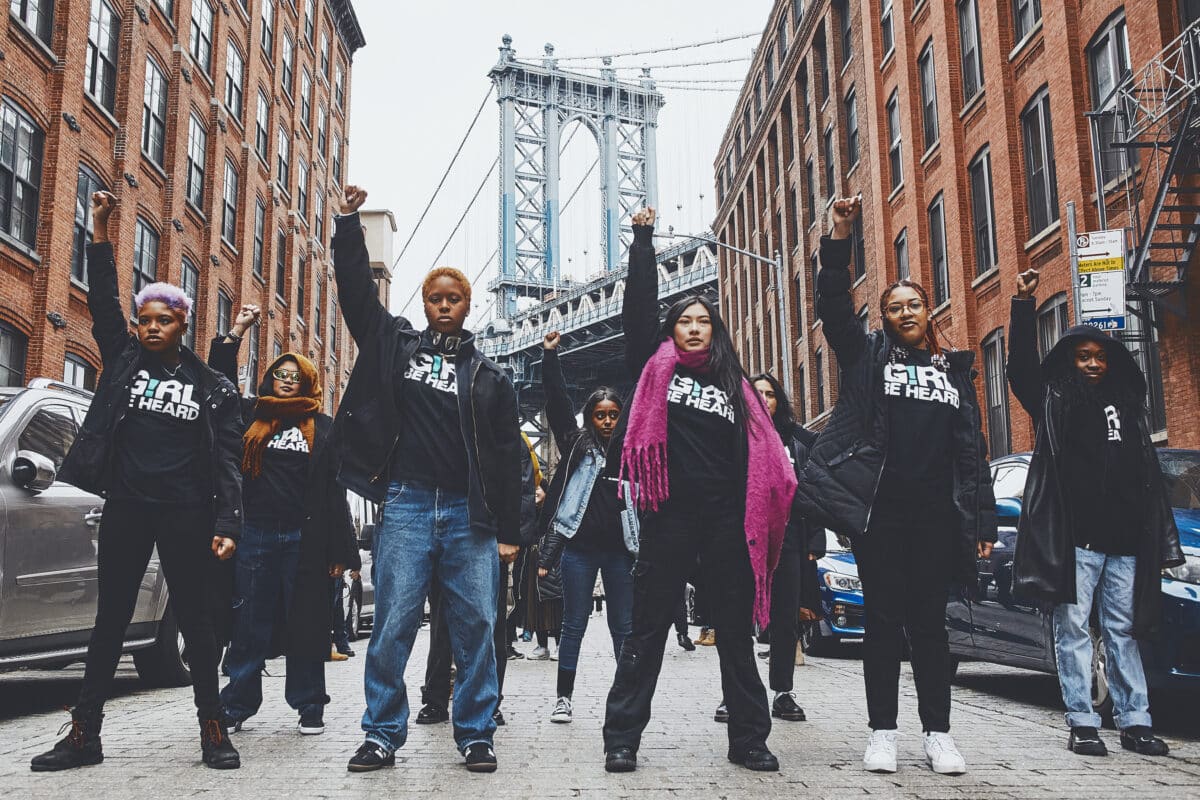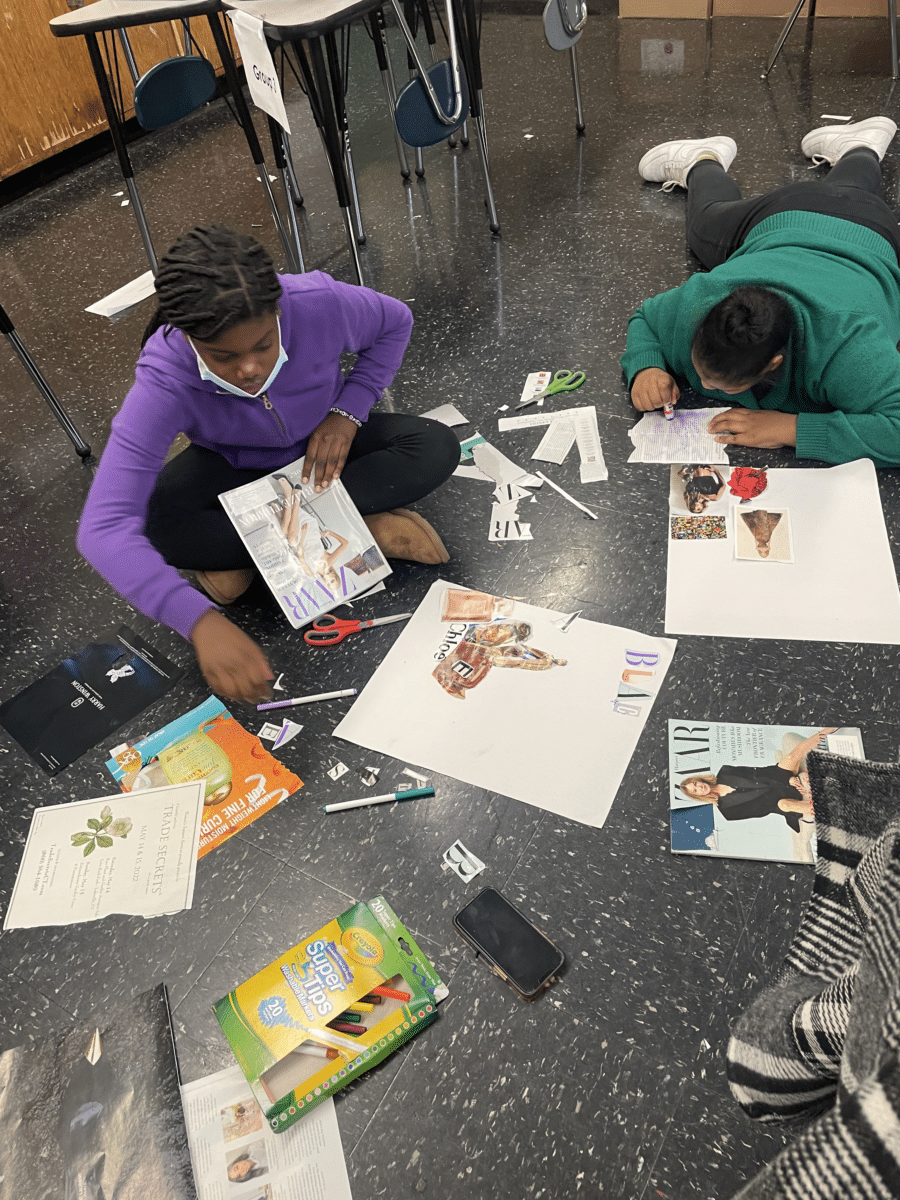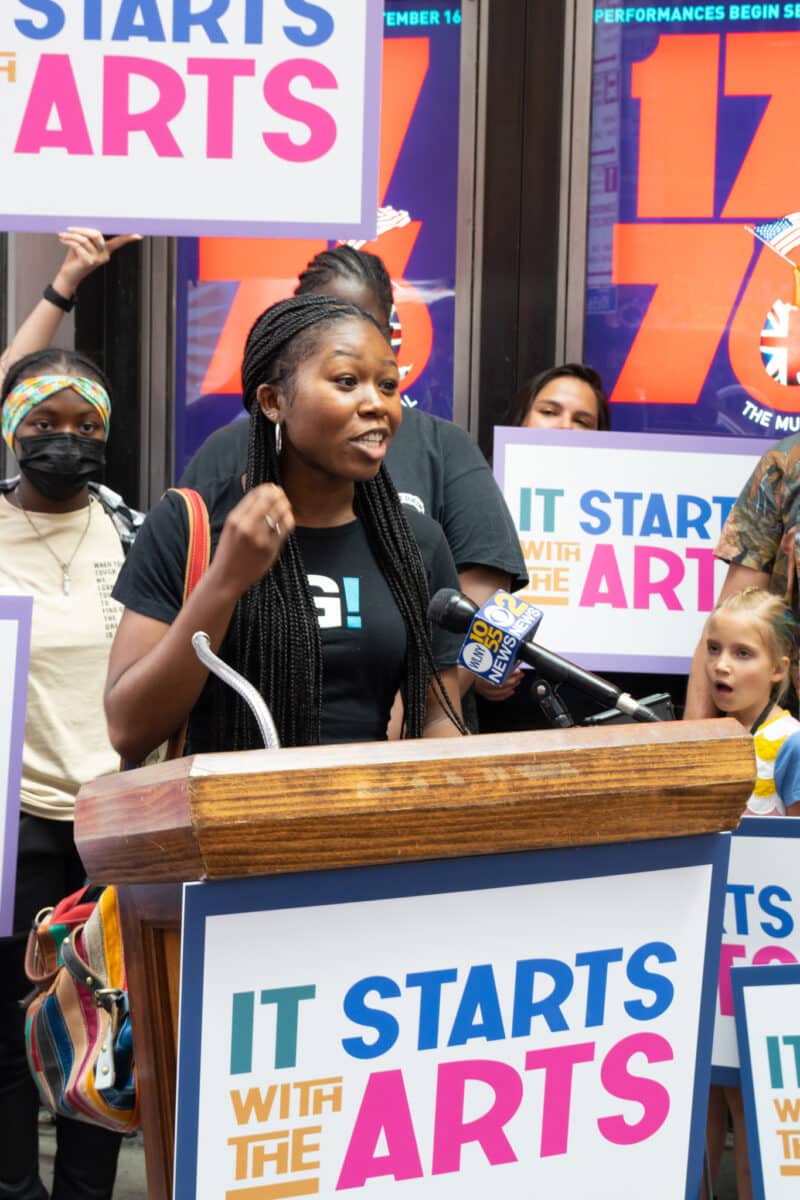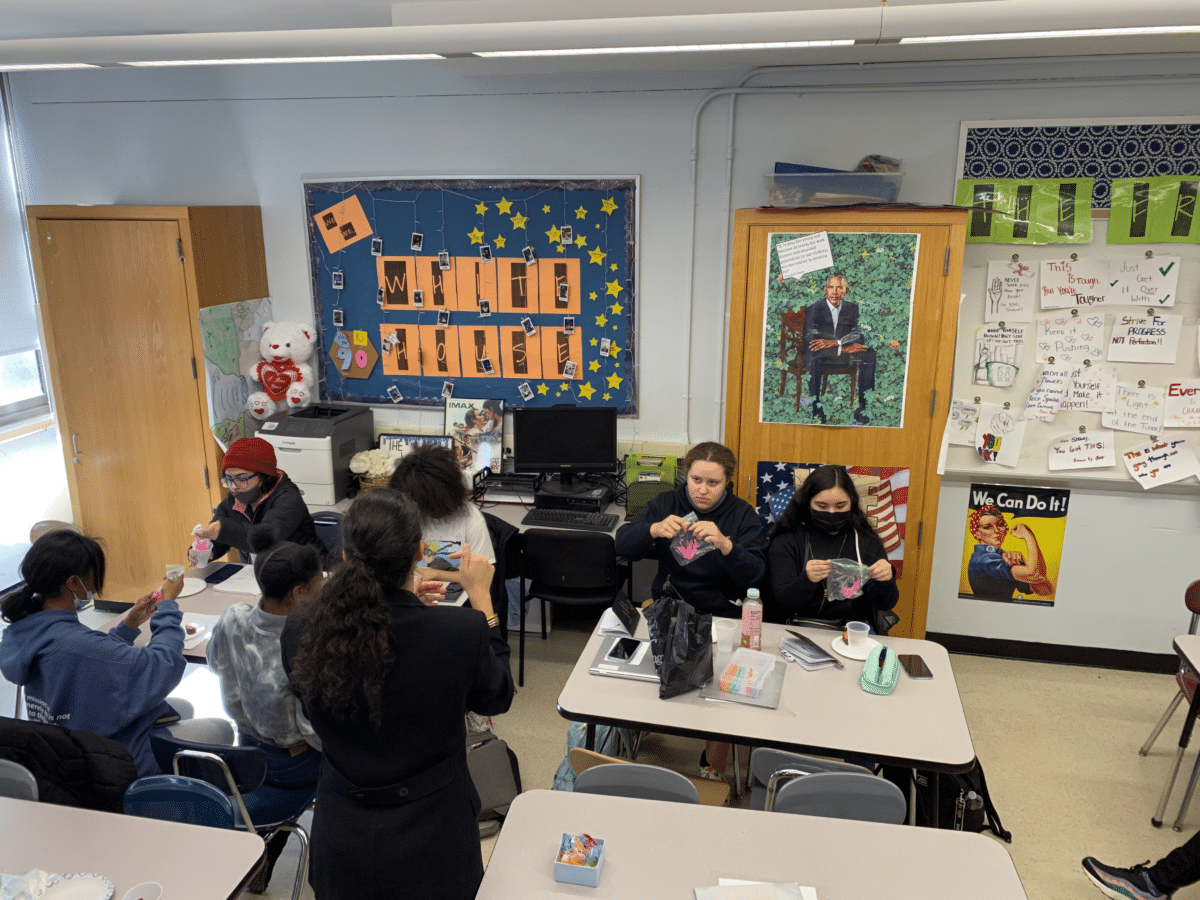Ensemble-Based Program ModelWe value leadership grounded in the collective's power and healing. Through building a culture of the ensemble, participants see their leadership as interconnected with that of their peers, adult allies, and their communities.
The ensemble is both an entry point and a metaphor for the kind of leadership we want to see in the world. Trust, relationships, accountability, and an orientation toward justice are rooted in disrupting racism, classism, capitalism, and other systems of oppression that value individualism, intellectualism, perfectionism, and power hoarding.
